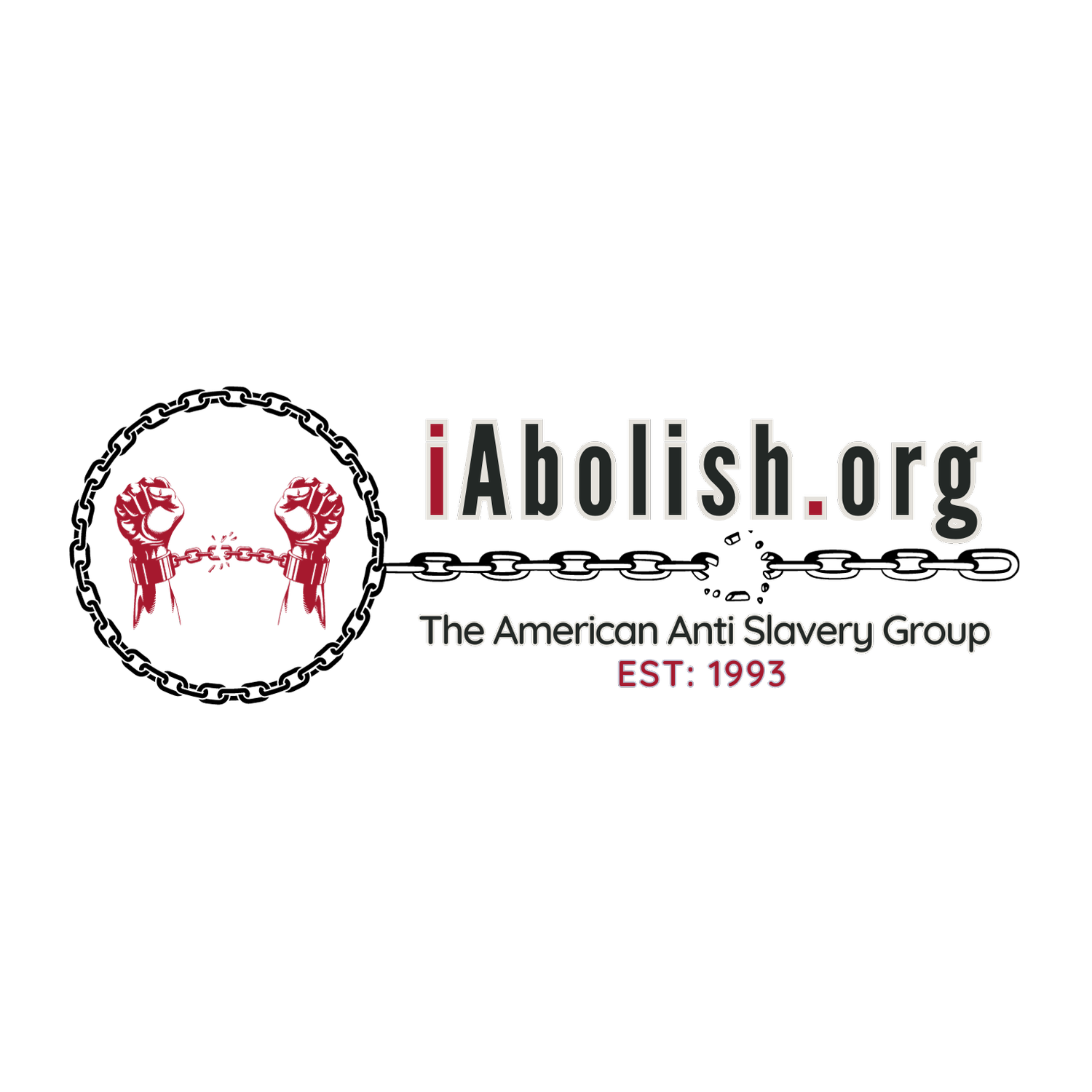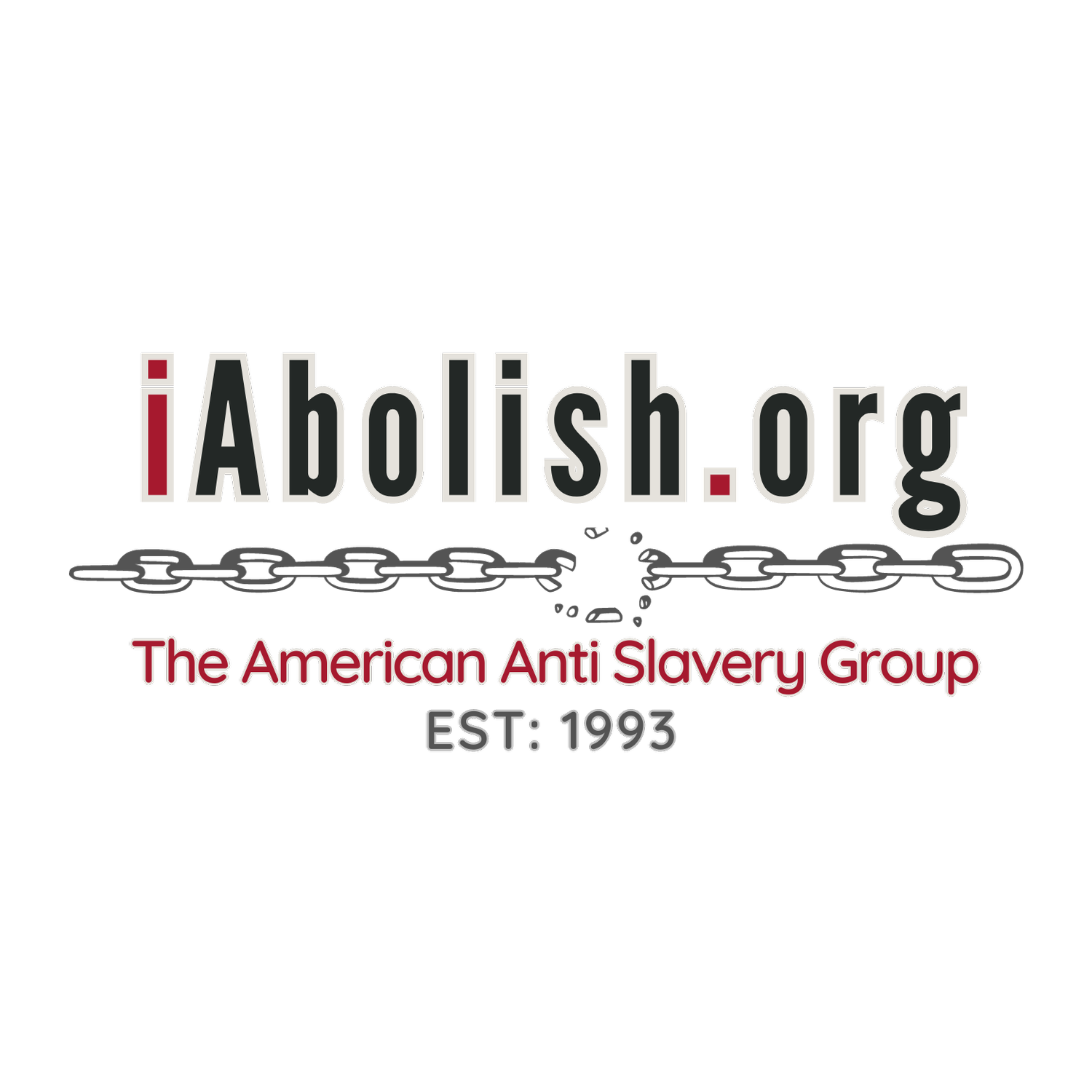Farrakhan’s Secret Relationship
Louis Farrakhan, leader of the Nation of Islam, speaks at a press conference at Mosque Maryam in Chicago during which he expressed support for the embattled late dictator of Libya, Muammar Qaddafi — March 31, 2011 (M. Spencer Green / AP)
Originally published in The Daily Californian
March 16, 2012
Dr. Charles Jacobs
Nation of Islam leader Louis Farrakhan addressed an estimated 600 students at UC Berkeley last Saturday, and told black students not to befriend any Jew without first reading The Secret Relationship Between Blacks and Jews, a book whose thesis is that “the Jews” were behind the black slave trade. Heck of a way to start up a friendship!
Scholars both black and white have exposed the NOI book as a pack of lies, a modern-day calumny which, much like their medieval analogues — “the Jews poisoned the wells,” “the Jews make matzo with the blood of Christian children” — is meant to incite hatred for Jewish people. Dangerous hatred. The Daily Californian reports that Jewish students were hurt and shocked. No doubt.
But what will be more shocking perhaps is Minister Farrakhan’s own semi-secret relationship with the modern-day slaving of African blacks by people, and in countries, that the NOI leader has an interest to protect. In 1994, an African Muslim from Mauritania — Mohamed Athié — and I broke the story of a modern-day slave trade in Mauritania and Sudan in The New York Times. We reported that “perhaps 300,000” African Muslims were still serving Arab/Berber masters. “Black Africans in Mauritania were converted to Islam more than 100 years ago,” we wrote, “but while the Koran forbids the enslavement of fellow Muslims, in this country race outranks religious doctrine. These people are chattel: used for labor, sex, and breeding. They may be exchanged for camels, trucks, guns or money. Their children are the property of the master.”
In Sudan, Africa’s largest country, we reported that slavery was “making a comeback, the result of a 12-year-old war waged by the Muslim north against the black Christian and animist south. Arab militias, armed by the Government, raid villages, mostly those of the Dinka tribe, shoot the men and enslave the women and children. These are kept as personal property or marched north and sold.” We based our reports on government documents, human rights publications, and a stunning interview with a UN official.
The op-ed shocked many. We were encouraged to launch the American Anti-Slavery Group (AASG) which would document a modern day slave trade around the globe, but would focus on Sudan and Mauritania as the worst case of slavery, and the most controversial, and therefore least likely to be covered by others.
PBS’s Tony Brown’s Journal, the most popular black news program at the time, invited Mohamed and I to speak about slavery. Immediately after our appearance, we were attacked by Farrakhan’s spokesman who denied that blacks served Arab masters in Sudan or — worse from NOI’s point of view — that black Muslims served Arab Muslim masters in Mauritania. Farrakhan’s “calling,” after all, funded in part by Arab dictator Muammar Khadafy, was to break the black/Jewish civil rights alliance while teaching American blacks that Islam was their path to freedom. Not in Sudan and Mauritania it wasn’t!
NOI was serious about shutting us up. Samuel Cotton, a black reporter for The City Sun, New York’s second-largest black paper conducted a thorough investigation that resulted in a five-part series. “Arab Masters, Black Slaves” screamed across the front page in New York City’s news kiosks. NOI warned Sam. They followed and menaced him when he spoke in Chicago, not far from their headquarters. Sam’s book, Silent Terror, has become an underground classic.
At a press conference in D.C. in 1996, Farrakhan was asked about reports of slavery in Sudan. According to The New York Times, he angrily challenged them: “If slavery exists, go… to Sudan, and come back and tell the American people what you have found!” The Baltimore Sun sent two reporters to Sudan. They found and liberated slaves and published a special four-page insert in the paper’s weekend edition. Farrakhan refused their request for an interview — and pretty much went radio silent on slavery issues… until fairly recently.
Farrakhan has always said that slavery in Sudan and Mauritania was a Zionist lie. Last week, South Sudan, the world’s newest nation, demanded the liberation of 30,000 slaves still held by Arabs in the North. Minister Farrakhan, South Sudan is not a Jewish nation. You met with South Sudanese leaders in the spring of 1994. They begged you for support — and to help free the slaves. They wrote that you told them “When it comes to a choice between religion or the dignity of the black man I will choose my skin.” You betrayed them. Why?
Why has Farrakhan decided in recent days that he can safely re-play his “Jews-were-the-slavers” card? I believe that the anti-Israel/anti-Semitic climate on California’s campuses emboldened him to regurgitate the attack. UC President Mark Yudof condemned Farrakhan’s message, but defended his rights to free speech. Interesting. I wonder what Mr. Yudof would do if a KKK speaker asked for the same rights — and a platform on his free-speech campus.
Meanwhile, I encourage the student body to visit our website at www.iabolish.org to learn about the plight of modern-day slaves, especially those in Sudan and Mauritania, where political correctness — and fear — have blocked human rights activists — who should be the slaves’ most vociferous champions — from taking moral action to set them free.
Dr. Charles Jacobs is president of the American Anti-Slavery Group.
To learn more about Farrakhan and slavery in Sudan, read the following articles by Sudanese leaders Sabit Abbe Alley and Steven Wöndu.


